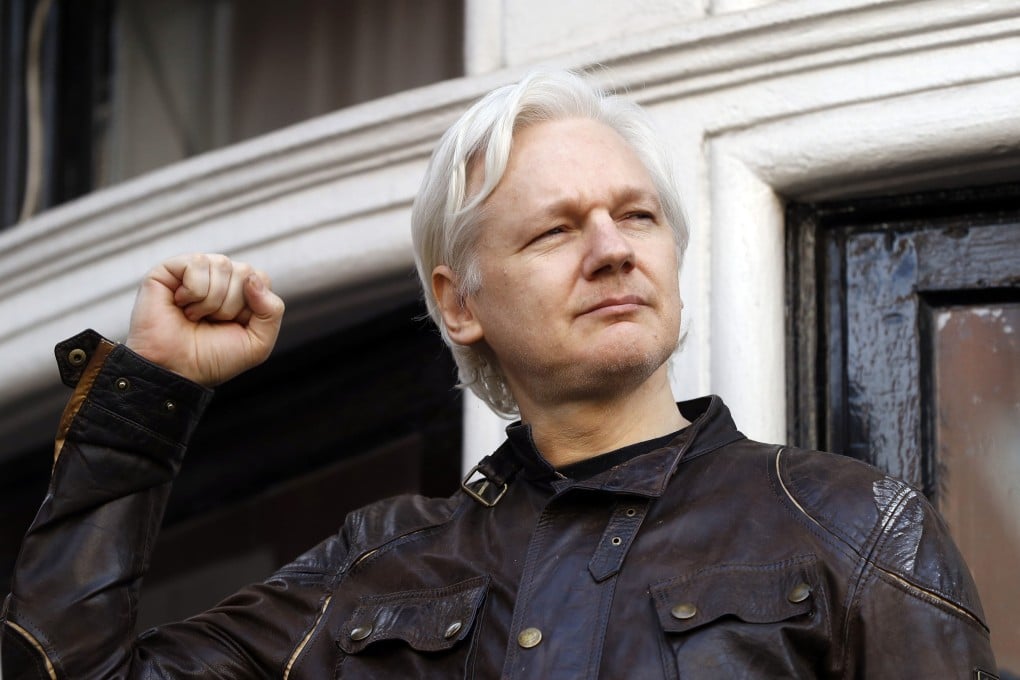My Take | An example must be made of Julian Assange
- Washington, long ago, decided that its ability to keep dirty state secrets is more important than upholding the democratic values of the rule of law, human rights and press freedom

In olden days, they would have hanged, drawn and quartered Julian Assange. But, since we live in supposedly more civilised times, the great whistle-blower against the mighty United States has, more humanely, been put in a tiny isolated cell with 24-hour camera surveillance, in what is euphemistically called “suicide watch”. Has it crossed people’s minds that he might be suicidal precisely because of the conditions in which he is being kept?
As a multinational NGO puts it: “Since its founding in 2019, Doctors for Assange has condemned the abusive treatment of Mr Assange as a form of psychological torture that puts Assange’s life at risk, affirming the findings of the UN Rapporteur on Torture, Nils Melzer.
“The concern that Mr Assange would be driven to suicide by the oppressive conditions in a US prison was in fact the reason that the UK judge denied the US attempt to extradite Assange. In their letter, the doctors assert that the torture of Mr Assange is ongoing due to his continued arbitrary detention in the UK.”
The highfalutin legalese of Washington cannot disguise the vengefulness of Uncle Sam. Across three presidential administrations, the real message in its relentless decade-long pursuit of Assange – and of the other fellow great whistle-blower Edward Snowden – is that any such disclosure of American dirty laundry would invite ruination not only of your life as you know it, but also severe disruption of the lives and well-being of your closest and dearest, as well as your friends and close associates.
It’s worth remembering what Assange’s alleged crimes were, and how some of the world’s leading democracies – Britain, Sweden and Australia – behaved more like vassal states of the US in helping to trap Assange and put him where he is today.
